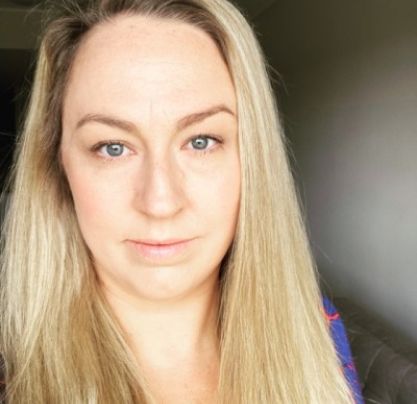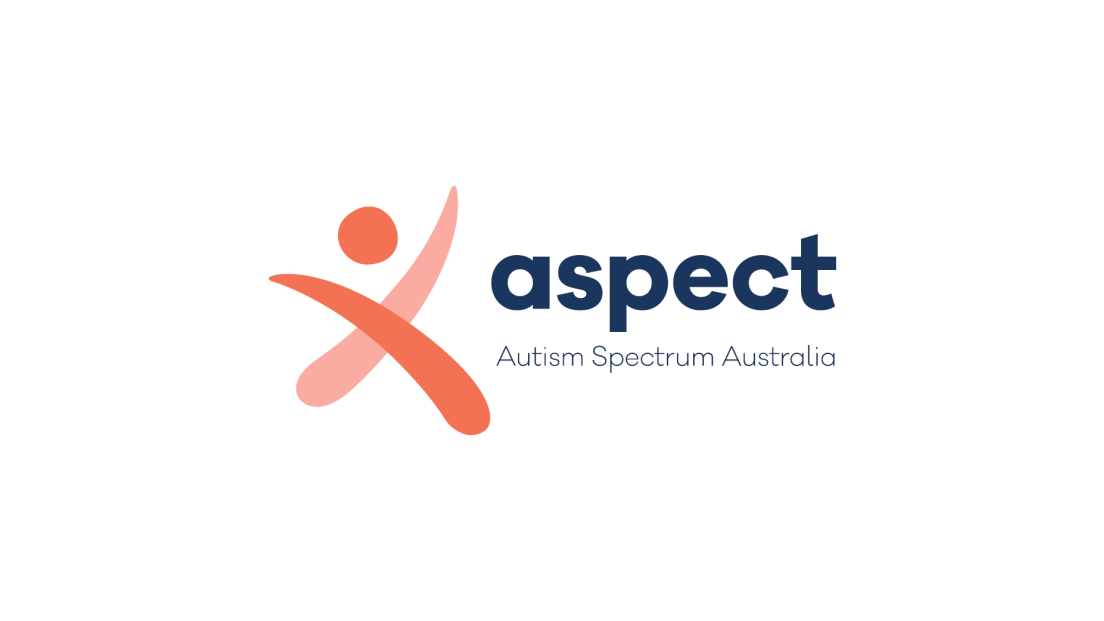Sydney, NSW - Early detection through regular breast screening saves lives, yet screening rates among Autistic women and those with intellectual disabilities remain significantly lower than the general population*. To bridge this gap, Aspect Autism Friendly has partnered with BreastScreen NSW, South Western Sydney, to improve accessibility and ensure Autistic women receive their life-saving mammograms.
As part of this initiative, Aspect Autism Friendly conducted a comprehensive review of two screening sites in South Western Sydney—a clinic and a mobile screening unit—as well as the online booking process. The assessment identified key barriers and developed practical solutions to help Autistic women feel more confident and supported when booking and attending their appointments.
The review made the following recommendations to improve accessibility:
- Enhancing the online booking system to include text-based options for those who find phone calls challenging.
- Providing clear, accessible pre-visit information, such as a step-by-step visual guide of the screening process.
- Creating quieter waiting areas and offering flexible appointment times, such as first or last appointments of the day.
- Training healthcare staff to improve communication and understanding of autism-specific needs.
Dr Tom Tutton, Executive Manager, Aspect Autism Friendly, highlighted the urgency of this initiative, especially considering 1 in 40 Australians are diagnosed Autistic.
"It is likely that screening rates for Autistic women are half that of other similarly aged women. This represents a significant health risk." Dr Tutton said. "It is a great opportunity to partner with Breastscreen NSW so we can pilot a range of Autism Friendly supports such as quiet clinics with visual stories, communication supports and staff training. If successful, we hope these supports might become standard nationally."
“Through this collaboration, we are ensuring Autistic women feel supported in booking and attending their appointments without unnecessary stress or confusion."
Autistic individuals often encounter significant barriers to accessing healthcare, leading to poorer health outcomes and higher rates of untreated medical conditions. Research highlights challenges such as:
- Difficulty recognising when symptoms require medical attention
- Challenges with phone-based appointment systems
- Communication barriers with healthcare providers
- Feeling misunderstood in medical settings
- Overwhelming sensory environments such as waiting rooms
When it comes to breast screening, additional concerns include fear of the procedure itself, difficulty understanding the importance of mammograms, lack of accessible information and sensory sensitivities in medical environments.
Mandy Williams, Director Population Health, South Western Sydney Local Health District, reaffirmed the organisation’s commitment to equitable access.
“We recognise that some communities require greater support to access healthcare,” Ms Williams said. “By working with Aspect Autism Friendly, BreastScreen NSW, South Western Sydney, are making meaningful changes to improve the experience for Autistic women. These include physical and environmental adjustments, visual stories as part of the pre-screening process, and comprehensive staff training to better understand autism and communicate effectively with neuro-divergent women.”
Working in Partnership Senior Officer at Aspect and Autistic mother of two, Ainslie Robinson, recently walked through the screening process in Liverpool and praised the initiative.
"I’m so thrilled to be part of this vital work with BreastScreen NSW and applaud the team for their commitment to creating autism-friendly screening services," Ms Robinson said. "Healthcare can be daunting for many Autistic people, especially when it involves medical equipment and close interaction with staff. Simple adjustments to the booking process and clinical environment can make all the difference—and in this case, could save lives."
Funded through a grant, this initiative aims to share key learnings nationwide.
Update on the partnership - Janurary 2026
As the partnership progresses, BreastScreen NSW, South Western Sydney, and Aspect Autism Friendly are preparing to trial a quiet clinic, designed to further reduce sensory overwhelm and support Autistic women during their screening experience. The quiet clinic trial will explore adjustments such as reduced noise, calmer waiting environments and more predictable appointment flow.
In addition, Aspect Autism Friendly has developed a visual story and communication board to support Autistic women before and during their appointments. These resources are intended to help explain the screening process clearly and support communication between clients and staff. While these tools are still awaiting formal approval, both organisations anticipate they will be implemented alongside the quiet clinic trial.
These next steps build on the partnership’s shared commitment to improving accessibility, confidence and comfort for Autistic women accessing breast screening services.




